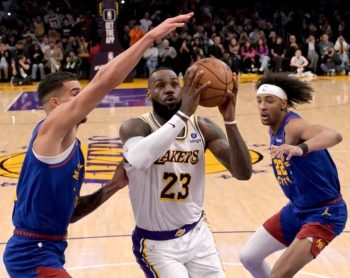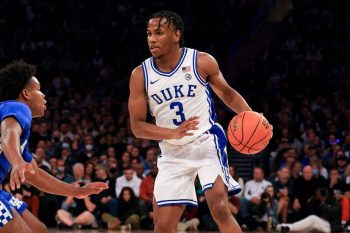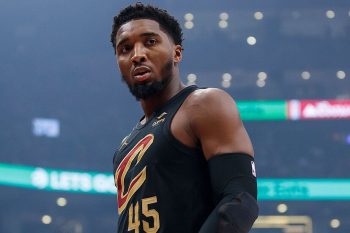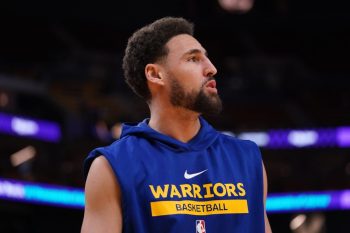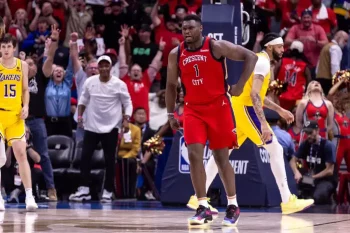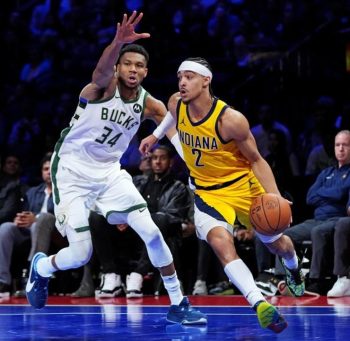NBA
NBA Daily: Sixth Man of the Year Watch — 1/3/20
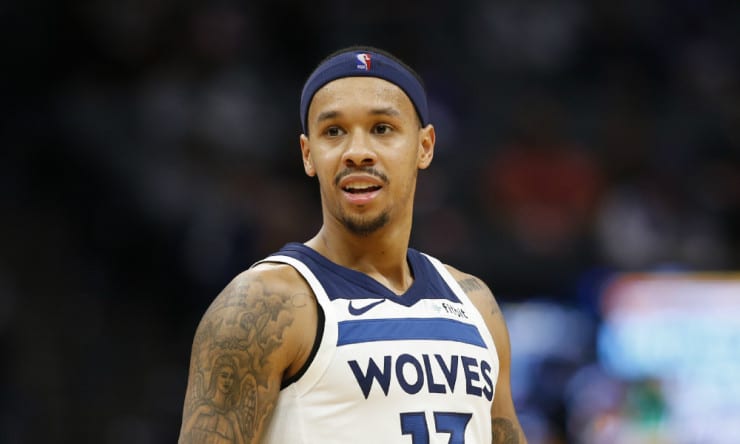
If the best ability is availability, that is doubly true of sixth men. They are around not only to provide second-unit scoring, but also to step in for the starters when they take a night off due to load management, illness or genuine injury. A strong bench can reduce that drop-off and still deliver wins despite the depleted roster.
Thus, an injury to a sixth man can quickly remove him from this conversation. Dāvis Bertāns may have missed only five games with a quad injury, but as those games mount, his impact will pale that much more in comparison to the names still on the list. For that matter, the Washington Wizards have minimized Bertāns’ absence by plugging in Jordan McRae. He had been inactive for the 10 previous games before averaging 20 points per game across the last four. As well as Bertāns was playing this season, now one can arguably speculate it was more about the system and roster around him than a true breakout performance.
It is the inverse of that logic which brings an unexpected name to open this list:
Shabazz Napier — Minnesota Timberwolves
Napier has not had a great season to date; no one in Minnesota actually has. But his recent stretch has revived the Timberwolves despite missing half their roster due to injury and illness. In fact, it has been Napier’s starts that have put him into this discussion of the best bench pieces in the league.
He has started only seven games this season, keeping him quite eligible for this honor, but those have come in the last eight games — he missed the eighth as just another name in the rolling list of injured/ill Minnesota pieces. In the last three of those, Napier has averaged 22 points, 6 assists and 4 rebounds, leading the way to three wins in the Timberwolves’ last five games.
That may not seem like much of a surge, but for a team coming off an 11-game losing streak, missing just about every player casual NBA fans could name, a 3-2 stretch is a bit of a shock.
This was the role Napier was brought to Minnesota to play, though it was supposed to be off the bench, where he will undoubtedly return once the Timberwolves shake the flu. If he can keep up the playmaking from there, though, Minnesota’s recent success might continue to some degree.
Derrick Rose — Detroit Pistons
Rose is what Rose is at this point, and for the Pistons, that bit of consistency is needed. He is averaging 16.7 points and 5.9 assists this season. Needing 14 shots per game to get those 16.7 points is not ideal, but Rose has not been an efficient scorer since before his first knee injury. This is who he is, and Detroit knew that when it signed him.
Rose’s contributions help keep the Pistons within shouting distance of the playoffs, and for a franchise insistent on chasing that eighth seed, that was what it wanted from Rose.
This is likely his ceiling for however many years the 31-year-old has left in the league, and if accepting that, it is a ceiling worth appreciating simply for the mild revival it represents.
Dennis Schröder — Oklahoma City Thunder
League sentiment increasingly thinks Oklahoma City may be a February buyer, not the seller long-anticipated. Schröder deserves some credit for that, though one can imagine him still being the chip traded to pull in a bigger piece.
As the Thunder rattled off 8 wins in 10 games to move into the No. 7 seed out West, a full 5.5 games ahead of the lottery, Schröder has played a crucial role. In his last seven games, he is averaging 23.7 points and 4.6 assists while playing 32-33 minutes per game. His 27.8 percent usage rate this season, per cleaningtheglass.com, ranks in the 74th percentile of point guards.
In other words, Schröder is playing the minutes and handling the ball as if he has a starter’s workload. His bench role in Oklahoma City is increasingly in name only, and Schröder proving effective as that secondary playmaker has pushed the Thunder into an unexpected position.
Lou Williams — Los Angeles Clippers
The three-time Sixth Man of the Year is currently averaging 19.1 points and 6.2 assists while hitting 35.8 percent of his shots from deep. The 19.1 points per game average is the third-highest mark of his career — only bettered by the last two seasons in Los Angeles, the 6.2 assists are far and away a career-high, and the three-point shooting has recovered from a slow start to be in line with the previous two years, as well.
Suffice it to say, not much else needs to be said about Williams.
So let’s instead give some recognition for his outstanding self-awareness.
Sixth Man Supreme Lou Williams really named his newborn son, Syx.
— Michael Lee (@MrMichaelLee) January 3, 2020
Montrezl Harrell — Los Angeles Clippers
Since last spending a few hundred words praising Harrell’s developing versatility, increased post-up abilities and overall progress, Harrell has dropped off a bit in the last two weeks. All the way to averaging just 17.4 points and 6.4 rebounds in five games, four of which ended up Clippers’ wins.
That might be his floor at this point.
Harrell is in the last year of his contract, getting $6 million this season. In a depleted free agency class, he should get paid handsomely this summer. If his floor is 17 points and 6 rebounds — as his ceiling is closer to averages of 24 points and 10 rebounds while shooting 57 percent from the floor — then he may not be worthy of a max contract, but $18-20 million per year would not be completely outlandish.
Whoever pays Harrell that much will not have him coming off the bench, so this may be his last best chance to win this particular award.
